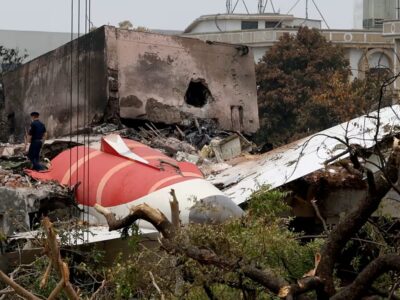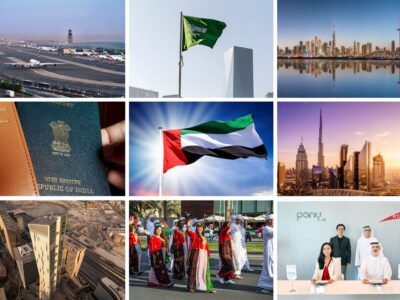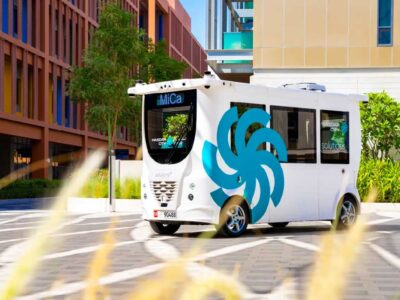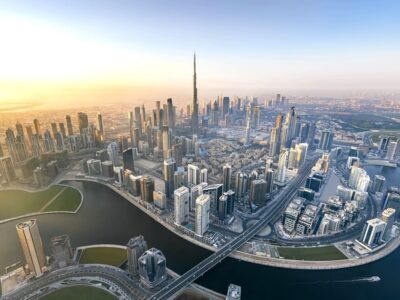Revenues at Dubai logistics firm Aramex should top $1bn this year, the company’s CEO told Arabian Business, and double that in the next four to five years.
The Dubai bourse-listed company, which on Sunday posted an 8 percent rise in full-year revenue to AED3,325bn ($905.25m), is eager to push further into Africa as it plots up to $200m in acquisitions in the continent this year, Hussein Hachem said.
“We’re very bullish in our acquisitions. You will see us in 2014 scaling up a bit more and we’re raising debt to facilitate those acquisitions,” he said in an interview in Dubai.
Hachem said that Aramex was targeting companies that broadly fit in with its strategy of facilitating trade between the African continent, which he described as “underserved”, and regions such as the Middle East, China, and India.
“We have a big appetite for big acquisitions if it makes sense. The price of that acquisition it might cross $100m or $200m. We have an appetite to go and do those if it fits our strategy and allows us to go into new territories.”
Aramex could either tap the Islamic debt market by issuing a sukuk or via a syndicate bank loan, Hachem said.
“Syndication from banks is available, the technical process of going through a sukuk is available,” said Hachem. “What we’re saying is that once we’ve focused on a target then we will engage in raising debt.”
“The window is within a year and a year-and-a-half, we’ll be deploying all of our energy to have successful acquisitions. The cost of debt is cheap, and it’s available from the banks, we’re not leveraged on the balance sheet. It’s time to scale up more,” he added.
Aramex already has a strong presence on the African continent following its acquisition of South Africa’s Berco Express and Kenya’s Oneworld Courier and In-Time Couriers. The company is currently also present in Tanzania, Uganda, Namibia, Botswana and Zambia, and has franchising agreements that cover countries including Nigeria and Ghana.
In its most recent fourth financial quarter, profits rose 16 percent in Q4 profit to $20.8m, fuelled by growth outside of the company’s traditional GCC markets.







